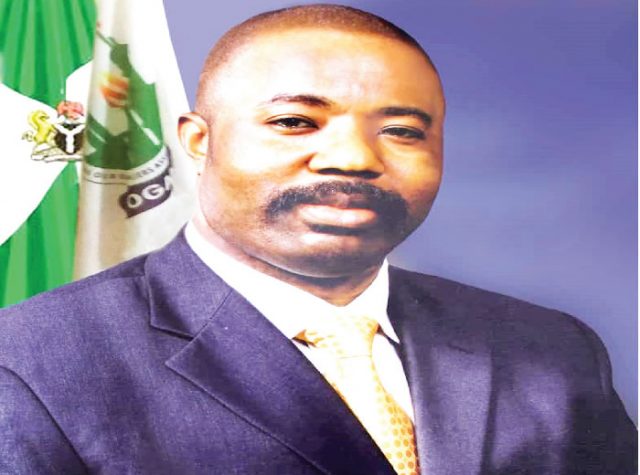Dangote’s fuel distribution plan sparks concerns over job losses
The Natural Oil and Gas Suppliers Association of Nigeria (NOGASA) has raised strong concerns over the Dangote Petroleum Refinery’s decision to begin direct distribution of petroleum products to end users, effectively bypassing traditional intermediaries in the fuel supply chain.
NOGASA, whose members serve as key logistics intermediaries between refineries and consumers, warns that the move could destabilise the downstream sector, lead to massive job losses, and undermine the existing supply network.
“A lot of jobs are at stake, and we are kicking against this new way of supplying products to end users,” said NOGASA President, Benneth Korie, warning of widespread redundancy across the sector.
Call for Inclusive Distribution
The Independent Petroleum Marketers Association of Nigeria (IPMAN) has also reacted to the development, urging Dangote to transfer its fleet of 4,000 distribution trucks to independent marketers. According to IPMAN’s Publicity Secretary, Chinedu Ukadike, this would ensure seamless nationwide fuel distribution and promote price equalisation across regions.
“We appeal that these trucks should be handed over to independent marketers to manage and bring effectiveness into the scheme,” Ukadike stated.
However, NOGASA remains firm in its position that bypassing the traditional supply mechanism is “not healthy for the oil and gas industry,” adding that it jeopardizes both the logistics ecosystem and the livelihoods of those employed in the sector.
Fears of Job Losses and Redundancy
The shift to direct distribution, set to begin on August 15, has sparked widespread anxiety among tanker drivers and other logistics providers. Some analysts fear the scheme could make many trucks and drivers obsolete, further deepening unemployment in the sector.
“It will remove jobs from a lot of them… some of our staff and trucks will be redundant,” Korie lamented, advocating for a model where Dangote supplies through NOGASA members, who would then distribute to end users—preserving roles within the supply chain.
Stakeholder Engagements Underway
To address growing concerns, NOGASA has scheduled a National Executive Council meeting for July 31, aimed at formulating a unified strategy in response to the development.
Similarly, the National Association of Road Transport Owners (NARTO) has confirmed ongoing discussions among stakeholders. NARTO President, Yusuf Othman, said:
“I am not going to say anything about it because we are in discussion.”
Concerns from Retailers
The Petroleum Products Retail Outlets Owners Association of Nigeria (PETROAN) has also voiced apprehension, describing the Dangote distribution model as a “Greek gift.” PETROAN President, Billy-Gillis Harry, warned that while the scheme may provide short-term relief, it could eventually lead to higher fuel prices and market monopolisation.
Conclusion
As the industry braces for the rollout of Dangote’s direct-to-retail model, stakeholders are urging caution and broad-based consultation to mitigate the risks of economic displacement and structural disruption in the fuel supply chain. The outcome of these consultations may well shape the future of fuel distribution in Nigeria.














Post Comment